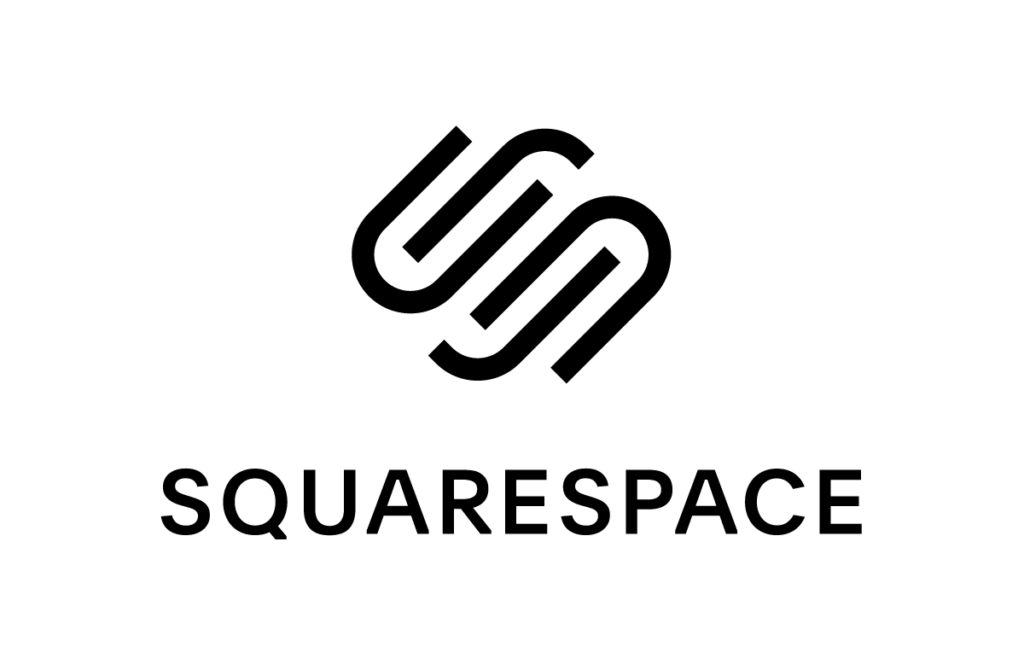If you’ve ever thought about freelancing but felt stuck because you “don’t have the money to start,” let’s clear that up right now—you don’t need a fancy setup, a portfolio full of client work, or expensive tools. You just need a skill, a laptop, and a system.
In this step-by-step guide, I’ll show you how to launch your freelancing career from scratch—even if you have zero experience and zero dollars. This is real, and it actually works. Let’s get into it.
Watch our YouTube video on how to start freelancing with $0
Step 1: Identify Your Skills and Pick a Niche
The first move is to figure out what you’re good at. Don’t overthink it—you don’t need to be the best in the world. You just need a skill that solves a problem.
Ask Yourself:
- Can I write clearly and fast?
- Do I enjoy designing logos or editing video?
- Am I good with spreadsheets, data entry, or admin work?
You can also take free skill tests on platforms like:
- HubSpot Academy (marketing, content, SEO)
- Google Skillshop (ads, analytics)
- Skillshare Free Trials (design, productivity)
Once you pick a skill, narrow it down to a niche. For example:
- Instead of “writer,” become a blog writer for finance brands
- Instead of “video editor,” be a short-form content editor for YouTubers
- Instead of “graphic designer,” design Instagram graphics for beauty brands
Niching down helps you stand out, build confidence, and attract better-paying clients faster.
Step 2: Build a Free Portfolio Website
You don’t need client work to create a portfolio. What you need is proof of concept.
If you’re a writer:
- Use WordPress.com or Squarespace’s free trial to create a simple blog
- Write 2–3 example posts in your niche

Starting at $10/mo
Save 28% annually
Key Features
Beautiful, award-winning design templates
Built-in SEO and analytics tools
Mobile-optimized right out of the box
Why We Recommend It
Storage and Bandwidth:
Unlimited storage and bandwidth, allowing for extensive product listings and high traffic volumes without additional charges
Extras and Inclusions:
Mobile-optimized checkout to ensure a seamless shopping experience on smartphones and tablets
Built-in analytics to track visitor behavior and sales trends
Inventory, orders, tax, and customer management are integrated into the platform
Pros & Cons
- Beautiful, design-focused templates
- Easy-to-use drag-and-drop interface
- There are no transaction fees on sales
- Limited e-commerce features compared to Shopify
- Fewer payment gateway options
If you’re a graphic designer:
- Use Canva to design logos, Instagram posts, or ad banners
- Save them as mockups in a portfolio folder
If you’re a video editor:
- Download free footage and edit demo videos
- Upload them to YouTube or Google Drive and link to them in your profile
If you’re a web designer:
- Use Wix or Hostinger’s free tools to build sample websites
The key is to show, not tell. Your sample work should match the type of clients you want to attract.

Starting from $2.99/month
Discount Code: CHARLIECHANG
Key Features
Extremely affordable
User-friendly control panel
LiteSpeed Cache for faster loading times
Why We Recommend It
Storage and Bandwidth:
30 GB SSD storage
100 GB bandwidth
Extras:
Free SSL certificate
Pros & Cons
- Low starting price
- Good performance for the price
- No free domain in the lowest-tier plan
- Support can be slow during peak times
Step 3: Set Up Free Profiles on Freelance Platforms
Now that you’ve got something to show, it’s time to put yourself out there.
Create Accounts on:
- Upwork
- Fiverr
- Freelancer
- PeoplePerHour
- Toptal (for advanced freelancers)
When creating your profile:
- Use a clear, professional headshot
- Write a strong bio focused on client results (not your background)
- Add your sample projects or portfolio link
- Use keywords based on your service (example: “email marketing copywriter for eCommerce”)
These platforms have clients actively searching for help. All you need to do is show up in front of them.
Step 4: Start Pitching and Land Your First Client
Don’t wait around hoping someone finds you—start sending personalized pitches.
Apply for smaller gigs at first. Your main goal is to build experience and reviews. You’re not trying to get rich with your first job—you’re getting momentum.
Where to Find Clients:
- Upwork and Fiverr job boards
- Facebook groups in your niche
- Reddit threads like r/forhire or r/freelance
- Twitter/X by searching hashtags like #hiring or #freelancegig
Use ChatGPT to write better proposals, but always personalize them. Show that you understand what the client is asking for and that your work is exactly what they need.
Step 5: Scale Up and Increase Your Rates
Once you’ve delivered a few solid projects, it’s time to charge more and work smarter.
How to Scale:
- Ask your happy clients for testimonials and reviews
- Create case studies showing before-and-after results
- Pitch repeat services to existing clients (like monthly blog posts or retainer editing)
- Increase your prices by 20–30% every 3–5 clients
- Build a referral network by asking current clients if they know others who need help
You can also start pitching higher-paying clients by reaching out to brands directly on LinkedIn or finding decision-makers at startups and marketing agencies.
Don’t just freelance—build a brand around your service.
Final Thoughts
You don’t need money to start freelancing in 2025. You just need clarity, consistency, and a little hustle. Focus on value, not perfection. Most freelancers overthink, delay, and never start. You’re ahead just by showing up.
Here’s a quick recap:
- Identify your skill and niche down
- Create free sample work and build a basic portfolio
- Set up profiles on Upwork, Fiverr, and more
- Pitch small gigs and land your first client
- Collect testimonials, raise your prices and scale
You can go from $0 to $1,000/month in just a few weeks if you stay consistent and focus on solving real problems.

